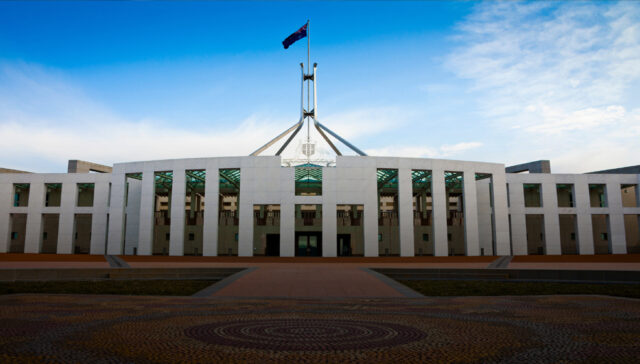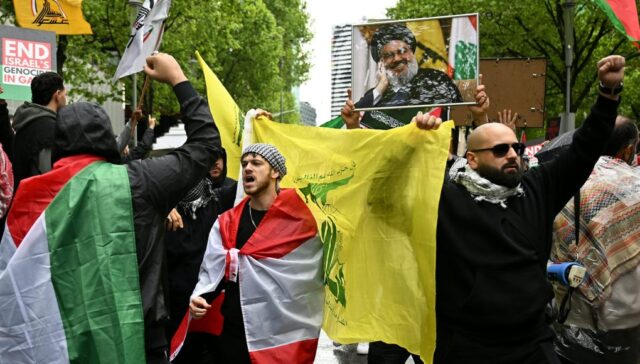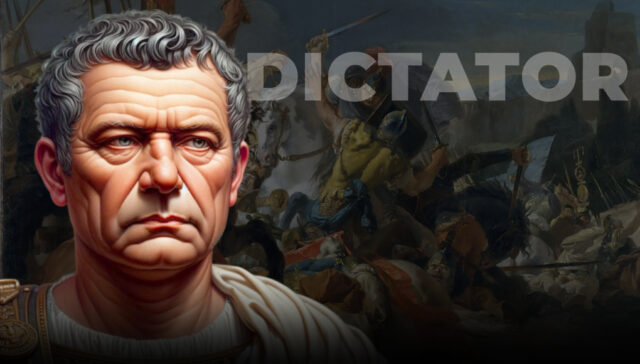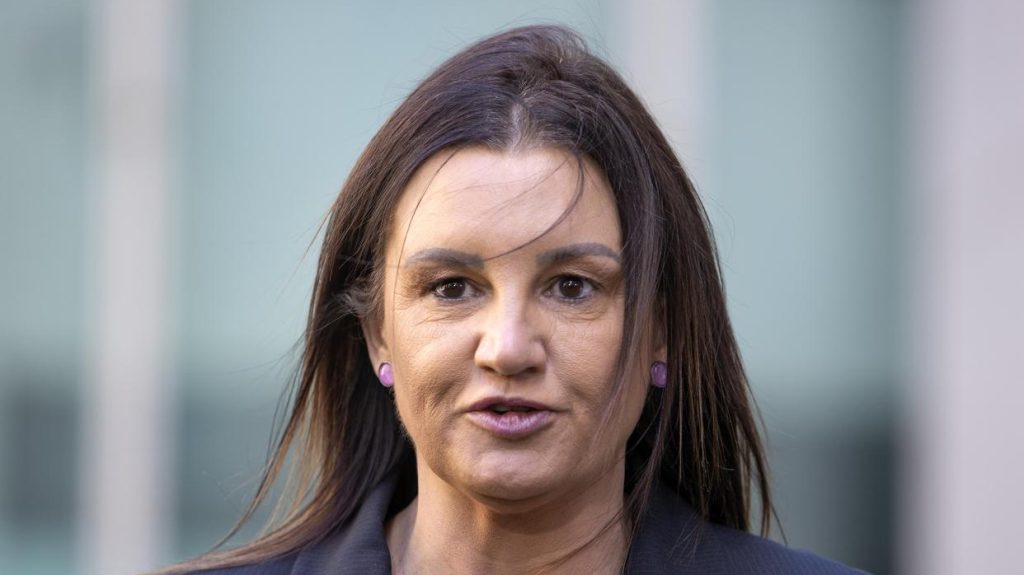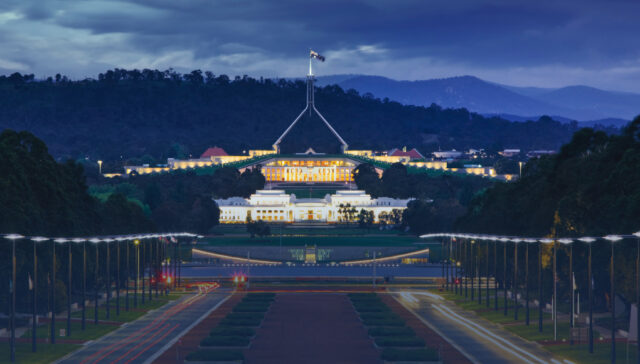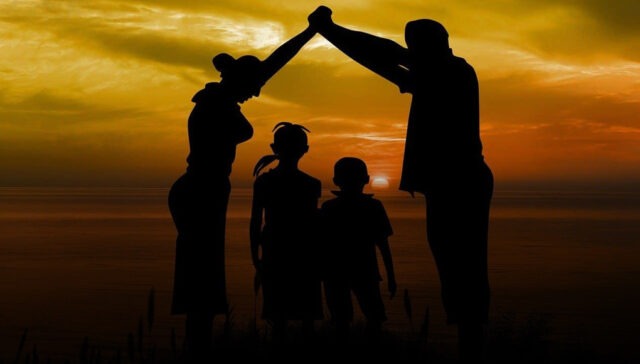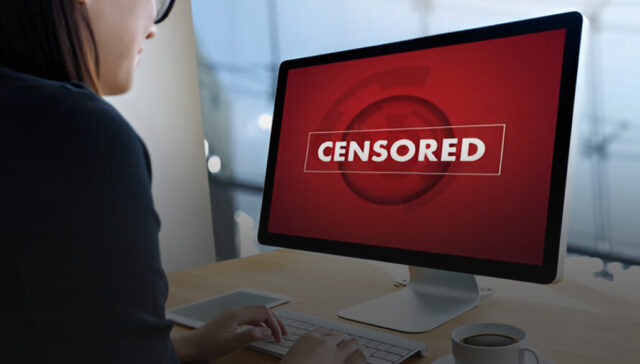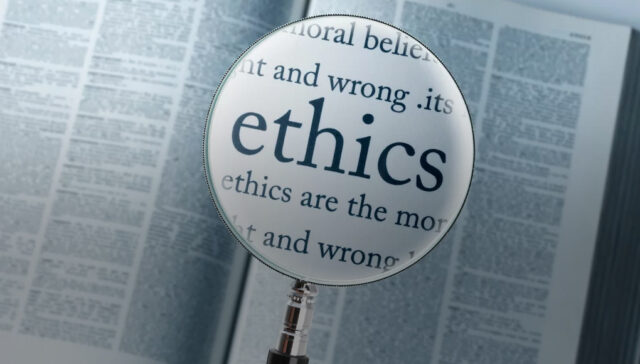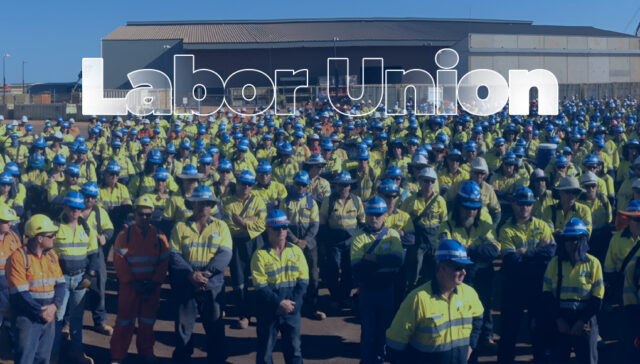This is What We Get for a Billion a Year
Australians more and more have reason to question why over a billion dollars of their taxes are poured annually into what has become nothing but a far-left propaganda outfit. A particularly nasty one at that, with a decided proclivity for feting anti-Semitic terrorists.
The ABC has made multiple changes to a story about Israel’s attack on Lebanon after receiving complaints claiming the article was “too sympathetic to Hezbollah and that it omitted relevant context and perspectives”.
Oh, just a mistake, the ABC apologists will no doubt airily hand-wave it away. Yet, it’s notable that, like its sister the BBC, the mistakes only ever go one way: against the Jewish state. In fact, the BBC was recently found to have endemic bias against Israel. The ABC is clinging to the Beeb’s brown shirttails.
The ABC will appoint one of its own staff members to ask its other staff members if they’re biased liars
ABC ombudsman Fiona Cameron received 16 complaints about the article titled “Lebanese Australian community heartbroken over Israeli attack on Lebanon”, which prompted her to examine whether the story met the ABC’s editorial standards for impartiality and accuracy.
In her report, she assessed grievances by complainants that argued “the article did not stipulate that Hezbollah was a listed terrorist organisation and that the context for the escalation of the conflict in south Lebanon was unclear”.
The article was written by reporter Nabil Al Nashar.
Nabil Al Nashar… there’s something about that name. Can’t quite put a finger on it, though. Just like Antoinette Lattouf, who was actually sacked by the ABC for her pro-Hamas social media posts.
Looks like that well-publicised push by the ABC to hire more ‘diverse’ staff is really paying off.
That’s just the nastiest aspect of what is a concatenation of failures at the ‘national broadcaster’.
The ABC is facing accusations of airing misleading and “activist-led” journalism on two separate issues over the past fortnight, with both its flagship current affairs programs, Four Corners and 7.30, at the centre of the storm.
“Misleading”? “Activist-led”? Doesn’t sound like the ABC at all. You know, the ABC whose former leading presenter Fran Kelly openly bragged that she was an activist.
Lobby group Nuclear for Australia, which boasts 75,000 members, sent a formal complaint to the ABC on Friday in response to last week’s Four Corners episode titled ‘The Future of Nuclear Power in Australia’, arguing the program was deliberately misleading, failed to disclose conflicts of interests of interviewees, and omitted pertinent facts about the nuclear industry […]
In a formal complaint to the ABC, Nuclear for Australia said Four Corners’ “central assertion of the episode that [the Vogtle nuclear plant in Georgia] … was the sole reason power bills increased in Georgia is false”.
The ABC has made multiple changes to a story about Israel’s attack on Lebanon
“Instead, there were many factors that Four Corners didn’t mention including gas price increases due to the Ukrainian war, the cost of upgrading hundreds of transformers around the state due to storm damage, and the cost of grid infrastructure to support solar arrays in the middle of Southern Georgia,” the lobby group’s complaint to the ABC ombudsman reads.
Nuclear for Australia has called for the Four Corners episode to be removed from the ABC’s various platforms. An ABC spokesman said: “Any complaint will be dealt with according to the ABC’s usual processes.”
Meaning, the ABC will appoint one of its own staff members to ask its other staff members if they’re biased liars, and when they have all agreed with each other that they’re not, they’ll bury the whole thing and carry on as normal.
Such as, trying to stop better reporters from telling a less-biased story.
A senior ABC reporter has been accused of intentionally blocking a source from speaking to members of the press who were trying to scrutinise the quality of his journalism, a court has heard.
The Federal Court on Tuesday heard Mark Willacy instructed ‘Josh’, a confidential source at the centre of an allegedly defamatory article, not to speak with other media outlets, after a journalist from the Daily Telegraph started making inquiries about the substance of Mr Willacy’s story.
The story in question concerned ex-commando Heston Russell, who is suing the ABC, Willacy and journalist Josh Robertson over a story he alleges implied he was complicit in the execution of a prisoner in Afghanistan. The same story has already been exposed as using doctored audio, a fact which was previously brought to the ABC’s attention.
This is what we get for our billion dollars. I think we deserve our money back.






